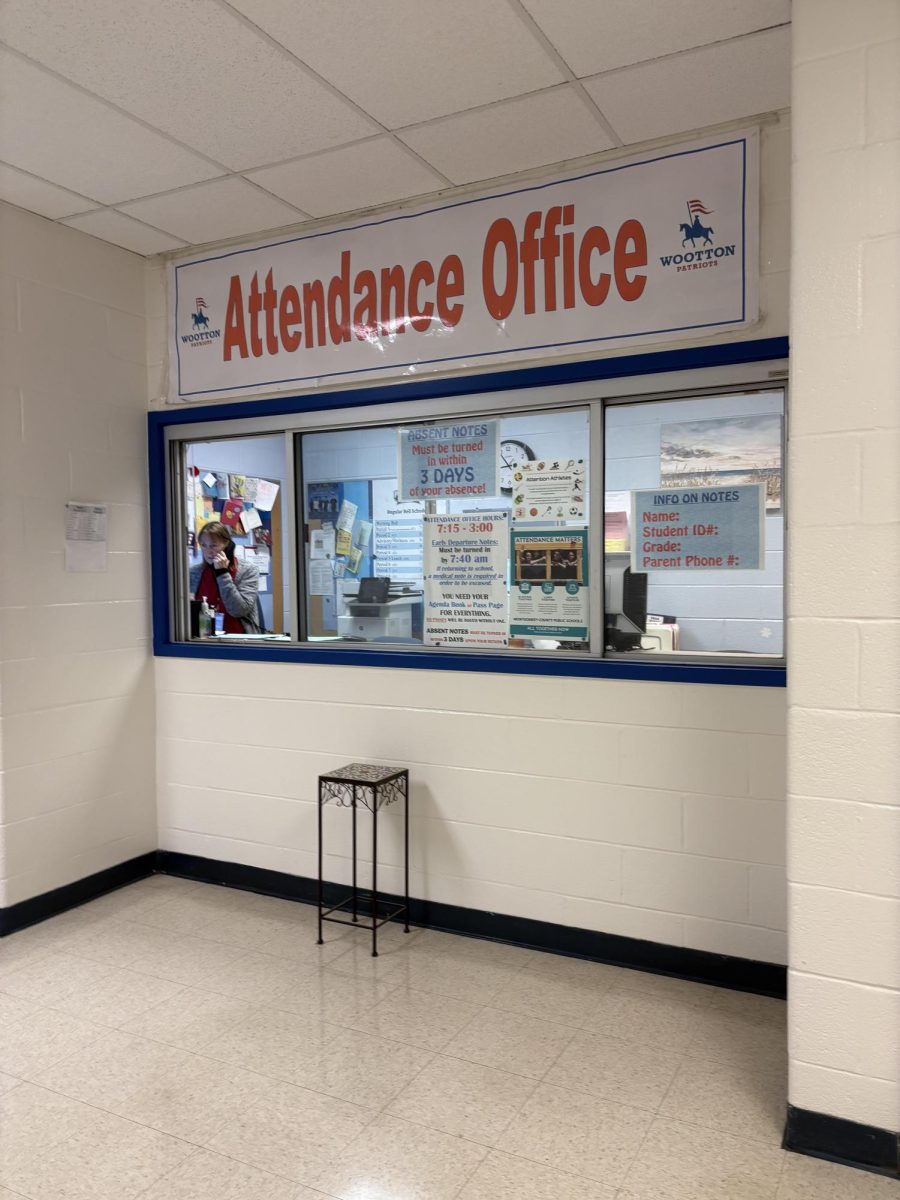As MCPS welcomes students back, the district has introduced a major update to its grading policy. Designed to promote fairness and consistency, the new system will impact all middle and high school students this year.
One of the biggest changes is how final course grades are determined. Instead of a focus on final exams or single assignments, final grades will be based on the average of marking period grades. For year-long classes, this means averaging all four marking period scores. For semester-long classes, this means averaging two marking periods.
This change encourages steady progress throughout the year rather than letting one good or bad test define a student’s grade. However, students say they do not like this new policy. “It used to be so much simpler when I could just take it easier the next quarter because if I knew I got an A first quarter and a B second quarter, I was safe with a semester grade of an A. But now, it makes me more nervous that I won’t end with the best grades,” junior Ava Nieto said.
The new policy also sets clearer deadlines, allowing late assignments to only be submitted up to 10 school days after the original due date. No late work will be accepted during the final five school days of a marking period.
All teachers are now required to offer at least two reassessment opportunities per marking period. This supports students who want to improve their understanding and grades by learning from their mistakes.
While students may find the new grading system not too big a change or challenge, returning students with previous experience with the high school grading system do not agree. “It’s not fair that all the seniors from last year got into colleges with the old grading system because to me it seemed a lot more simple, and now they’re making it so much harder for us in the middle of my high school experience, especially in my junior year. It’s honestly not fair,” junior Londyn Fraley said.
Teachers have mixed feelings about the new policy. On one hand, they might appreciate the clearer guidelines for grading and deadlines because they normalize expectations across classrooms. On the other hand, teachers might feel added pressure to manage more frequent assignments and provide timely feedback within a 10-day window. The late work restrictions could also create problems with balancing a fair workload. “I think that the grading policy is a step in the right direction, and I think on the plus side, it will make students more conscious of their grades and make students reflective of each assessment they take. But on the bad side, it will increase the conversation of where students’ grades came from by them asking why they lost two points when it ‘should’ have been one,” calculus teacher David Fantegrossi said.
Overall, while the policy aims to improve learning and fairness, it will require teachers to adapt their planning and grading practices. As MCPS rolls out this new grading policy, students, teachers and families alike will navigate these changes together.









